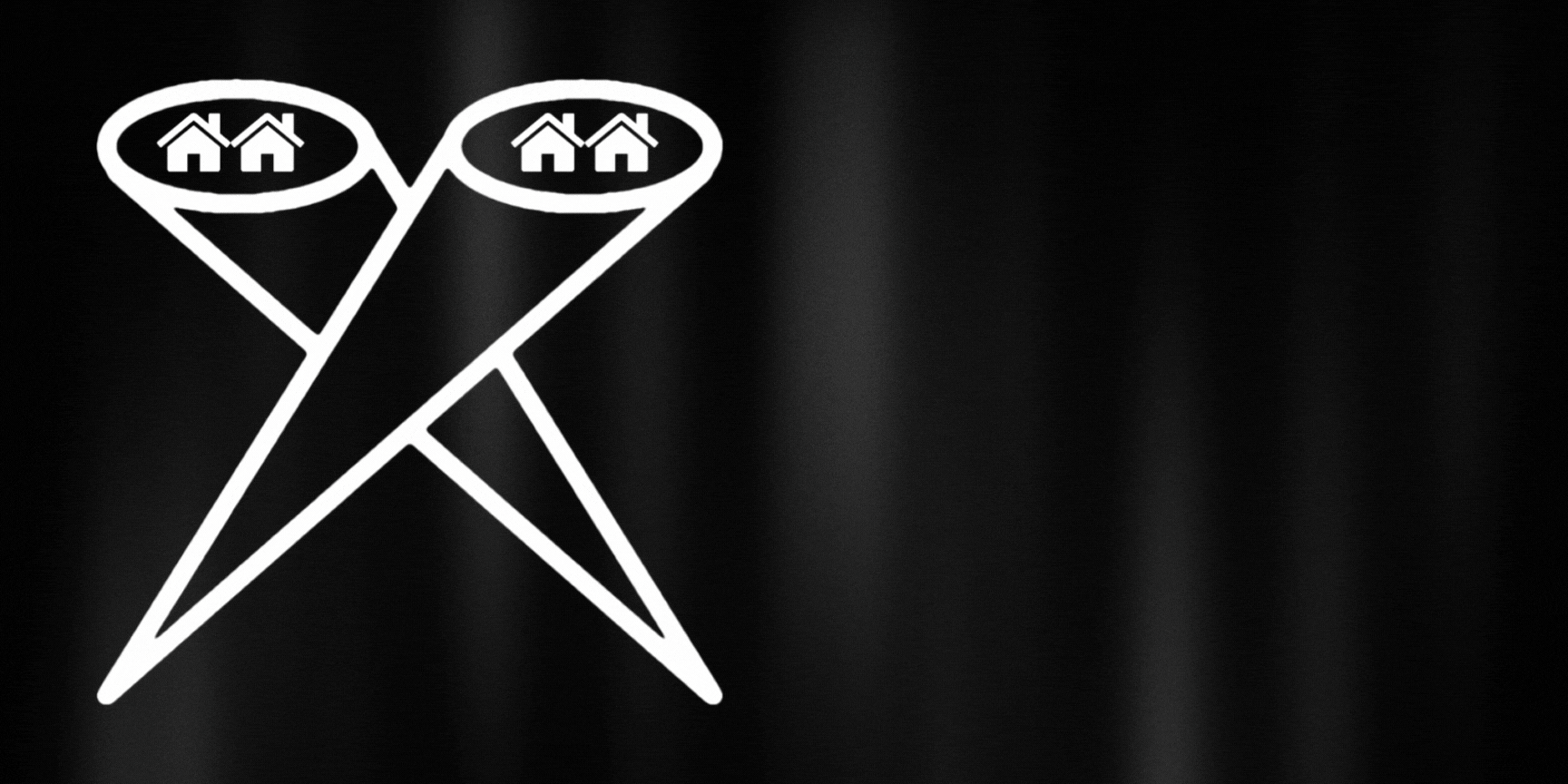So, you’ve been on the hunt for your dream home in the coveted Silicon Valley area. After weeks or even months of searching, you’ve finally come across a house that catches your eye. It’s an old fixer-upper, but it has that undeniable charm and character you’ve been dreaming of. The idea of transforming a neglected property into your dream home is exciting. However, not all fixer-uppers are created equal. Some may turn out to be money pits that drain your finances and turn your dream project into a nightmare. In this article, we’ll explore the major warning signs to help you determine if a fixer-upper is a dream home or a money pit in Silicon Valley.
1. Understanding Fixer-Uppers vs. Money Pits
Before diving into the warning signs, it’s crucial to understand the difference between a fixer-upper and a money pit. A fixer-upper is a house that requires general maintenance and cosmetic repairs but is structurally sound. It offers the opportunity to add your personal touches and improve the property’s value. On the other hand, a money pit is a property with major flaws and expensive issues that demand professional assistance to make it livable. These issues can be costly, time-consuming, and may affect the overall structural integrity of the house.
2. The Importance of a Solid Foundation
One of the most critical aspects to consider when evaluating a fixer-upper is its foundation. Without a solid foundation, the entire structure of the house is compromised. Look for signs of foundation issues such as large cracks, bowing walls, shifting masonry, uneven floors, or moisture in the basement or crawl space. These issues may indicate serious structural problems that require extensive repairs. It’s recommended to consult with a structural engineer or foundation repair professional to assess the condition of the foundation before proceeding with the purchase.
3. Water Damage and Moisture Issues
Water damage can wreak havoc on a property and lead to costly repairs. When inspecting a potential fixer-upper, be on the lookout for signs of water damage and moisture issues. Check for any damp smell, examine the ceilings for signs of leaks, and thoroughly inspect the basement and foundation for cracks or water infiltration. Moisture can cause visible damage such as warped walls, rotting drywall, and weakened structural elements. Furthermore, it can create an ideal environment for mold growth, which can have serious health implications. Addressing water damage and moisture issues can be expensive, so it’s essential to assess the extent of the damage before committing to a fixer-upper.
4. Electrical, Plumbing, and HVAC Systems
The mechanical systems of a home, including the electrical, plumbing, and HVAC systems, play a crucial role in its functionality and safety. When considering a fixer-upper, evaluate the condition of these systems. Outdated electrical systems can pose significant hazards and may require a complete overhaul. Plumbing issues can lead to water damage and inconvenience. HVAC systems that are outdated or in disrepair can result in discomfort and high energy costs. Upgrading or replacing these systems can be expensive, so it’s important to factor in these potential costs when assessing the overall value of the fixer-upper.
5. The Roof’s Condition
The condition of the roof is another major consideration when evaluating a fixer-upper. While many fixer-uppers may require some level of roof repairs, it’s crucial to assess the extent of the damage. Look for signs of a failing roof, such as sagging, multiple layers of shingles, dry, cracked, or brittle shingles, and evidence of major leaks. A complete roof replacement can be a significant expense, costing thousands of dollars. Additionally, severe roof damage can lead to further issues such as water damage, mold growth, and structural problems. Understanding the age and condition of the roof is essential before making a decision on a fixer-upper.
6. Pest Infestations
Pests can be a nightmare for homeowners, especially if they have infested a fixer-upper. Termites, in particular, can cause extensive damage to the structure of a house. Look for signs of termite damage, such as crumbling or damaged wood, buckling floors, mounds of termite pellets, or mud tubes climbing the foundation walls. Termite infestations often require professional treatment, which can be costly. It’s crucial to enlist the help of exterminators and structural engineers to assess the extent of the damage caused by pests. Addressing pest infestations early on can save you from significant expenses down the line.
7. Assessing the Costs
Once you’ve evaluated the major warning signs of a potential money pit, it’s time to assess the costs involved. Consider the estimated expenses for repairs, renovations, and upgrades. Obtain quotes from contractors or professionals in the relevant fields to get a realistic understanding of the financial commitment required. It’s important to have a thorough understanding of the costs involved before proceeding with the purchase. This will help you determine if the fixer-upper is within your budget and if the potential return on investment justifies the expenses.
8. Working with Professionals
Navigating the world of fixer-uppers can be challenging, especially for first-time homebuyers. To ensure you make an informed decision, consider working with professionals who specialize in real estate, inspections, and renovations. A real estate agent with experience in the local market can guide you through the process and provide valuable insights. Additionally, hiring certified home inspectors and contractors can help identify any hidden issues and provide accurate estimates for repairs. Collaborating with professionals will give you peace of mind and increase the likelihood of turning your fixer-upper into a dream home.
9. Weighing the Pros and Cons
After considering all the warning signs and assessing the costs, it’s essential to weigh the pros and cons of purchasing a fixer-upper. On the positive side, a fixer-upper allows you to customize and personalize your home according to your preferences. It can also offer potential financial benefits, such as increased equity and a higher resale value in the future. However, there are also downsides to be aware of, including the time, effort, and financial commitment required for renovations and repairs. Carefully evaluate your priorities, resources, and long-term goals before deciding if a fixer-upper is the right choice for you.
10. Conclusion
In conclusion, buying a fixer-upper in Silicon Valley can be an exciting opportunity to create your dream home. However, it’s crucial to be aware of the warning signs that differentiate a dream home from a money pit. Assessing the foundation, water damage, mechanical systems, roof condition, and pest infestations are crucial steps in determining the true potential of a fixer-upper. Additionally, working with professionals, evaluating the costs, and weighing the pros and cons will help you make an informed decision. By carefully considering these factors, you can turn a fixer-upper into the home of your dreams while avoiding costly surprises along the way.




